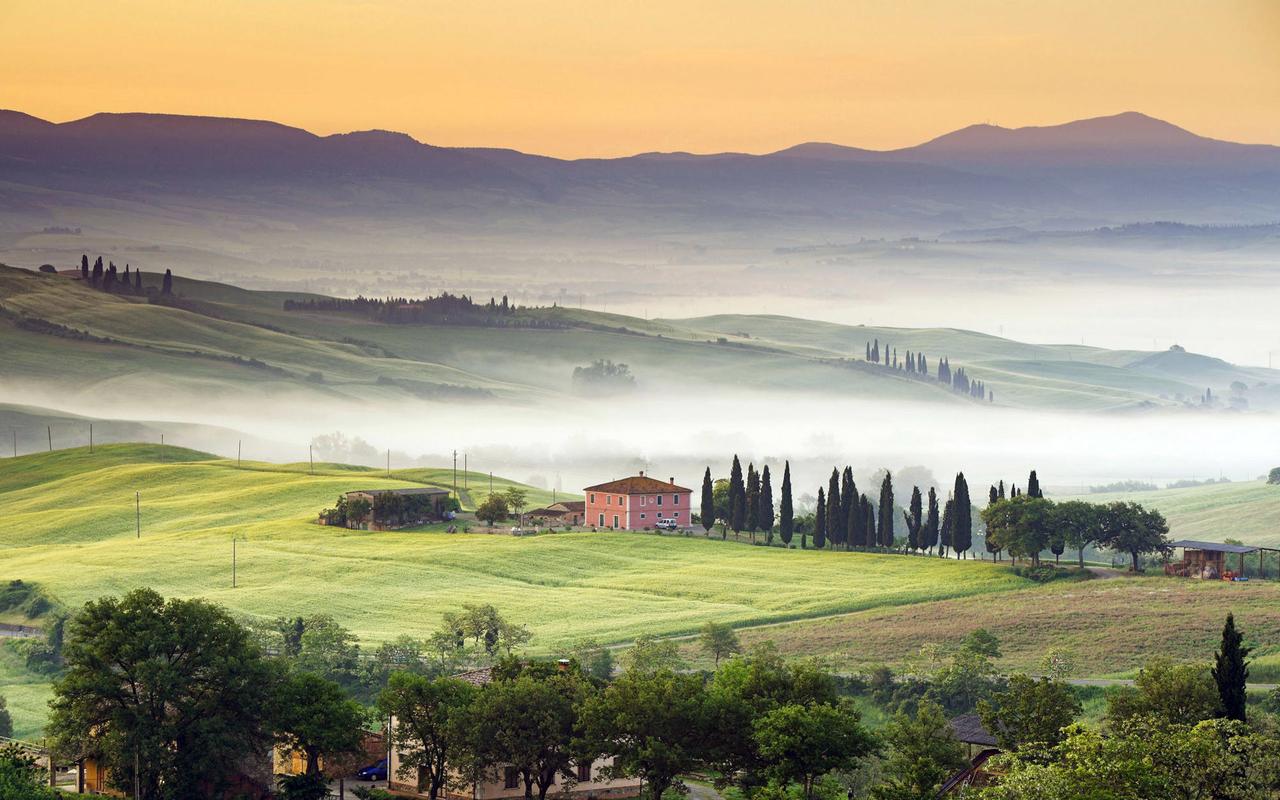Cultural heritage can be defined as the intangible and tangible aspects of a society’s history that are passed down from generation to generation. It includes customs, beliefs, rituals, music, dance, art, architecture, language, and other cultural expressions. Cultural heritage is unique and valuable because it provides insight into the social, economic, and political realities of a particular time and place. In this blog post, we will explore the origins of cultural heritage and what makes it so extraordinary.
Cultural heritage has its roots in the origin of human civilization. It is a product of human creativity and serves as an essential vehicle for the transmission of cultural values, traditions, and knowledge from one generation to the next. It allows individuals to connect with their past and the history of their community.
One of the distinctive features of cultural heritage is its ability to bring people together. It helps to promote a sense of community and shared identity, which further enhances social cohesion. Cultural heritage also plays a crucial role in the development of a country’s economy, particularly in the tourism industry. It attracts tourists and visitors to explore the unique and diverse aspects of cultural heritage, generating income and employment opportunities.
Cultural heritage is also a valuable tool for cultural diplomacy. It provides a platform to showcase a country’s cultural practices and traditions, fostering mutual understanding and respect among different cultures. Moreover, it promotes cross-cultural dialogue and highlights the universality of the human experience.
Preserving and safeguarding cultural heritage is critical to maintain its uniqueness and value. Many cultural practices and traditions are at risk of disappearing due to modernization, globalization, and socio-economic changes. Therefore, it is essential to take measures to protect and conserve cultural heritage for future generations.
In conclusion, cultural heritage is an essential part of human civilization that has evolved over time. It is unique and valuable due to its ability to bring people together, promote social cohesion, boost the economy, and foster cultural diplomacy. Preserving and safeguarding cultural heritage is crucial to maintain its uniqueness and value and to enrich the lives of future generations.
(Note: Do you have knowledge or insights to share? Unlock new opportunities and expand your reach by joining our authors team. Click Registration to join us and share your expertise with our readers.)
Speech tips:
Please note that any statements involving politics will not be approved.
